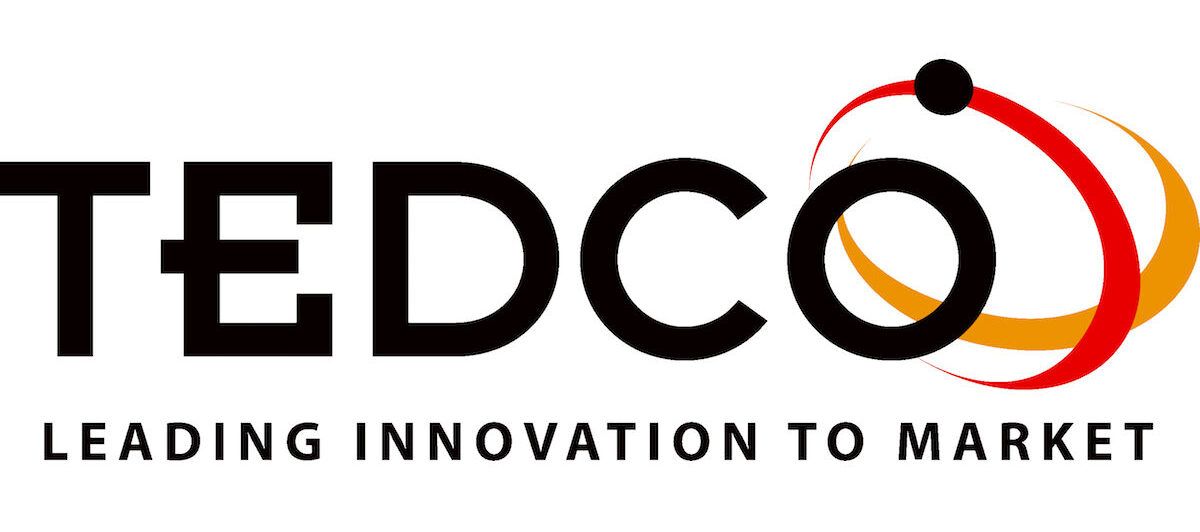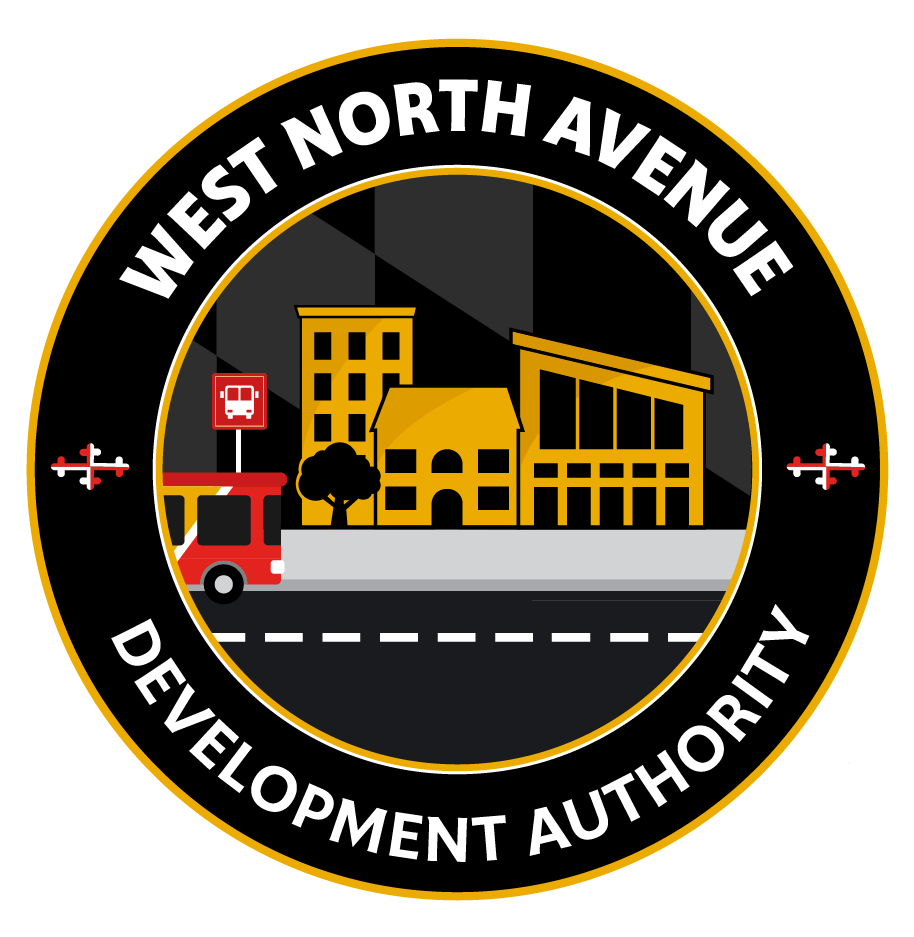Nearly 40 Maryland Companies, Universities Working on Vaccines, Therapeutics, Diagnostic Tests, and Clinical Research
Maryland’s Life Sciences Companies Have Secured More Than $3 Billion For Vaccine Development
Hopkins Commits 260 Scientists and Researchers to COVID-19 Projects
University of Maryland School of Medicine Begins Phase 3 Trials of Vaccine
ANNAPOLIS, MD—Governor Larry Hogan today commended the nearly 40 Maryland life sciences companies that are working on developing and manufacturing COVID-19 vaccines and therapeutics, improving diagnostic tests, and providing clinical research and technological support to ensure safe and effective health care delivery.
The University System of Maryland and Johns Hopkins University have also dedicated millions of dollars toward research, testing, and clinical trials. The University of Maryland School of Medicine recently began phase 3 trials of a COVID-19 vaccine.
“On the day of our first coronavirus cases, I said that Maryland was home to some of the top health research facilities in the world, and vowed that we would be a part of developing treatments and perhaps even a vaccine for this deadly virus,” said Governor Hogan. “I want to commend our world-class life sciences community, our universities, and federal research labs for working together to fight this unprecedented global pandemic. Our state will continue to lead on the road to recovery.”
To date, Maryland’s life sciences companies have secured more than $3 billion for the development of a vaccine for SARS-CoV-2, the virus that causes COVID-19.
- Gaithersburg-based Novavax was awarded $1.6 billion through Operation Warp Speed to complete late-stage clinical development, establish large-scale manufacturing, and deliver 100 million vaccine doses as early as late 2020, as well as $388 million from the international Coalition for Epidemic Preparedness Innovations and $60 million through a U.S. Department of Defense contract to support vaccine production.
- Emergent BioSolutions, with its headquarters and product development facility also based in Gaithersburg and three manufacturing facilities in Baltimore and Rockville, announced it signed contracts with AstraZeneca, Johnson & Johnson, Novavax, and Vaxart as well as with Operation Warp Speed for a total of $1.5 billion to support COVID-19 vaccine candidate development and manufacturing.
- Bethesda-based Longhorn Vaccines and Diagnostics won a $225 million U.S. Department of Homeland Security contract to transport clinical samples to testing labs.
- Altimmune, headquartered in Gaithersburg, was awarded a $4.7 million contract from the U.S. Army Medical Research and Development Command and is working with Rockville-based Vigene Biosciences on the development of a single-dose intranasal COVID-19 vaccine.
“Emergent is proud to be a part of Maryland’s efforts to fight the COVID-19 pandemic,” said Robert G. Kramer, president and CEO of Emergent BioSolutions. “Maryland’s life sciences cluster enhances our ability to partner with pharmaceutical and biotechnology innovators. Along with our longstanding partnership with the federal government in support of its efforts to combat public health threats, we are uniquely positioned to work quickly to help advance vaccine and hyperimmune therapeutic candidates.”
“We are grateful to be part of Maryland’s collaborative life sciences cluster that, together with the state’s superb academic institutions, is making rapid progress in the fight against COVID-19,” said Stanley C. Erck, president and chief executive officer of Novavax. “Novavax’s swift response in developing one of the world’s most promising vaccines for this pandemic is a testament to the value of these close relationships, rich local resources, and government support in effectively addressing pressing public health needs.”
The University System of Maryland and Johns Hopkins University both mobilized quickly to develop a comprehensive response to the pandemic. Johns Hopkins dedicated $6 million in funding to support about 260 scientists and researchers working on more than two dozen projects related to COVID-19. In addition, Hopkins’ School of Medicine is conducting more than 100 clinical studies to develop COVID-19 diagnostics and, with $35 million from the U.S. Department of Defense, is working with the Bloomberg School of Public Health to test the efficacy of blood plasma from COVID-19 survivors as a treatment option.
The University System of Maryland faculty are working to develop a rapid COVID-19 test and are conducting a clinical trial of experimental stem cell therapy to reduce death in the sickest patients. The University of Maryland School of Medicine will receive up to $3.6 million over the next year from the Defense Advanced Research Projects Agency to rapidly test hundreds of drugs, approved and marketed for other conditions, to see if any can be repurposed to prevent and treat COVID-19.
“It’s in crises like these that you see why Maryland is one of the country’s top biosciences hubs,” said University System of Maryland Chancellor Jay A. Perman. “Our USM institutions are on the front lines developing COVID-19 diagnostics and therapeutics, testing multiple vaccines, leading dozens of other R&D projects. But they’re also reaching out to our close industry partners, joining our assets and expertise to theirs so we can quickly commercialize COVID-19 solutions. There are few states that have the breadth and depth of our life sciences talent, and fewer still that have an ecosystem like ours that thrives on collaboration.”
“As we confront a global pandemic on a scale not experienced since the 1918 flu, it is remarkable to see the extraordinary depth and breadth of expertise being galvanized against COVID from right here in Maryland,” said Ron Daniels, president of Johns Hopkins University. “Johns Hopkins researchers quickly mobilized to launch an emergency, cross-divisional COVID-19 research program to stem the tide of the virus and save lives. From investigating the underlying biology and developing treatments for the disease to addressing its devastating impact on our local communities, and reporting rigorous data about its spread, Hopkins researchers are at the forefront of the fight to stop COVID-19.”



